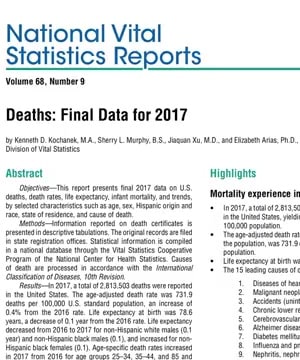cardiovascular problems
Sources:
Cardiovascular problems encompass a range of conditions, including heart disease, strokes, and high blood pressure. Here are key insights from experts on various aspects of cardiovascular health and risks:
-
Gender Differences:
- Women face increased cardiovascular risks as they age. By 65, women have higher incidences of high blood pressure, strokes, and aneurysms than men. This heightened risk is associated with the loss of protective hormones. Interventions like optimized nutrition and stress management during life stages such as pregnancy and menopause can improve longevity and health outcomes 1.
-
Lifestyle Influence:
- Family history of cardiovascular disease predisposes individuals but isn't a definite cause. Dr. Paul Saladino emphasizes that lifestyle choices significantly impact the manifestation of these conditions. Living in an evolutionarily consistent way can help in preventing and reversing conditions like high blood pressure and high cholesterol 2.
-
Early Indicators and Prevention:
- Erectile dysfunction can be an early sign of nitric oxide deficiency, indicating broader vascular dysfunction that could lead to cardiovascular disease. Maintaining adequate nitric oxide levels through proper nutrition and lifestyle can help mitigate these risks 3.
- Monitoring blood pressure at home can be a more accurate measure of cardiovascular risk than in-clinic readings. Consistently high readings should prompt medical consultation to prevent conditions like strokes and ischemic heart disease 4.
-
Diet and Metabolism:
- Insulin resistance is a major underlying cause of many chronic diseases, including cardiovascular issues. Even in prediabetic stages, it can cause significant vascular damage, suggesting a crucial need for early metabolic health checks and interventions 5.
-
Nutritional Interventions:
- Vitamin C has shown promise in reducing high blood pressure through both oral and intravenous administration. However, more research is needed to fully understand its efficacy and duration of effects 6.
-
Breastfeeding Benefits:
- Breastfeeding can mitigate cardiovascular-related complications in preterm infants. Studies show that those fed breast milk exclusively had better cardiovascular health outcomes in later years, such as larger ventricle size and lower blood pressure 7.
These insights highlight the importance of proactive lifestyle choices, early detection, and targeted nutritional practices in preventing and managing cardiovascular problems.
RELATED QUESTIONS-




